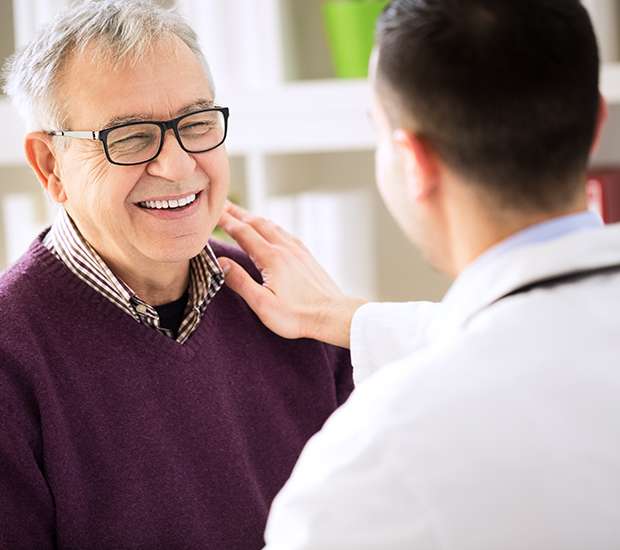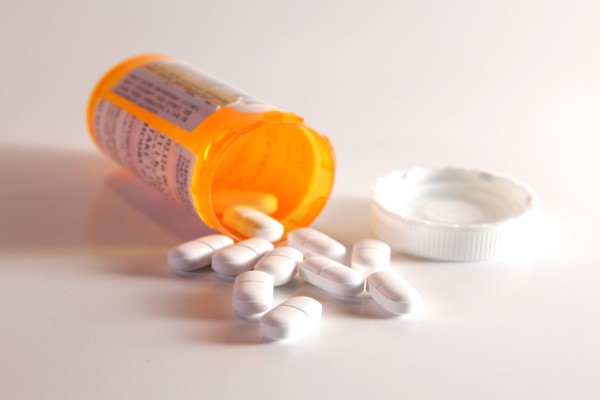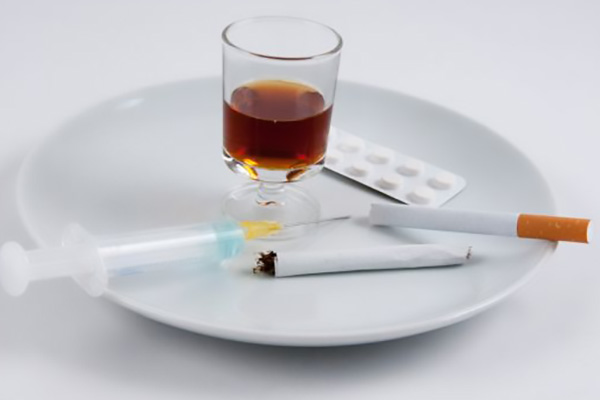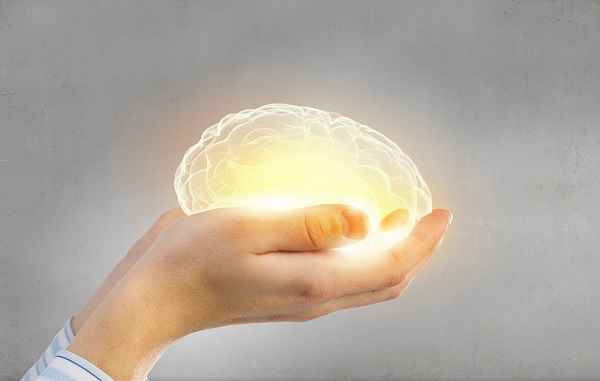Drug Addiction CounselingNew York, NY
At Joel Nathan, MD, we can provide you with more information about drug addiction counseling in New York, NY. Most addicts find it difficult to detox on their own due to how physically, mentally, and emotionally challenging it may be. While there is a popular belief that an addict can simply choose to stop using, this is not always the case. Drug use will eventually lead to chemical changes in the brain, making it difficult to quit without drug addiction counseling. To discuss individual treatment options, call 212-410-6832 and schedule an appointment with our office.
What You Should Know About the Side Effects of Drug Use
When people begin to take drugs, they often find that they are no longer able to care for themselves or for those around them. This can lead to parents being unable to care for their children, unable to work, or unable to participate in normal community activities. Many drug users find that they are constantly breaking promises because getting access to the drugs is more important than their other commitments. Additionally, drug addicts are often unable to take care of their health, so this can lead to a lack of sleep, hygiene, nutrition, and just a general sense of not being able to care for themselves physically, mentally, and emotionally. Another challenge faced by drug users is that the things that used to make them happy no longer do. This creates a situation where the only thing that does make a drug user happy is their ability to access the drugs. If you are reading this and the description sounds like you or someone you care about, it is time to seek treatment.
What Is Included With Drug Addiction Counseling
- Detoxification support. This is the first step in any drug treatment plan because we need to help the addict get the drugs out of their system. How we do so, whether through inpatient or outpatient services, with or without medication, will be based on the individual patient and their needs. There is no one-size-fits-all way to detox. However, when working with a medical professional, the process will go more smoothly and be more likely to be successful.
- Mental health treatment. It is critical that anyone going through a drug treatment program has a mental health evaluation so we can determine what issues may have led to the drug addiction or to any mental health challenges that are now in existence due to drug use. For example, if a patient is severely depressed or schizophrenic, that needs to be identified and treated as part of the overall program.
- Therapy and counseling. It is necessary to provide support to anyone going through a drug treatment program. While family support is critical and valuable, it is typically not enough, since patients may find it difficult to express how they are truly feeling or the fears they have or challenges they are facing. For example, if an addict is struggling with not relapsing, they may be afraid to disclose that to close family members for fear of disappointing them. In private therapy or group sessions, an addict is likely to speak more freely because they are among people who understand what they are going through and are able to talk them through it and prevent a relapse without judgment or condemnation.
- Family Support. Just like family support is not enough without therapy, drug addiction counseling is not enough without family support. When an addict is at home among family and friends, there needs to be a support system in place that encourages clean living and healthy behaviors. Family can either tear a person down or build them up. If people in the household are continuing use drugs, an addict is far more likely to relapse. If they are among family members who are simply too busy to spend time with them doing positive activities, an addict may reach back out to old friends with similar drug addictions and end up in situations where they are surrounded by people with negative behaviors — the type of behavior they are trying to avoid. As such, the role of the family cannot be overstated when it comes to providing healthy and supportive lifestyle choices.
- Medical services. It is necessary for an addict to receive drug addiction counseling, have their mental health issues addressed, and have any physical challenges treated as well. Since many addicts will struggle with things like an STD or HIV, it is necessary that they receive the treatment and medications they need in order to address these physical ailments as well. Maintaining a healthy lifestyle is not just about stopping drug use. It is also about regaining overall health and being able to rejoin productive society.
- Educational Services. If an addict is 18, of college-age, or needing to develop work skills, it is necessary to ensure that they have educational resources to better their life. Since it can be difficult for an addict to immediately reestablish themselves in society, things like online and distance learning can be a useful transition from their days of drug use to becoming a fully productive member of society again.
- Work training. Once an addict has completed their initial recovery, it is important for them to feel that they have value. Otherwise, an addict could end up feeling worthless, and these feelings of inferiority can lead to a relapse. This is why getting out of back to work is important. However, this must be done carefully in order to avoid placing them too quickly in a situation that could be overwhelming or stressful. Sometimes working with a vocational counselor can be useful, as can starting to work part-time or even working from home as they gradually make their way up to being comfortable enough to reestablish themselves in their field of study or any job where they are working full-time.
Drug Addiction Counseling Can Assist in Coordinating Treatment
At Joel Nathan, MD, we realize that not all drug addiction counseling in New York, NY will have this level of resources available internally. However, when an addict comes in for drug addiction counseling, coordinating these additional services and resources is typically part of the process. Comprehensive care and a holistic approach increase the likelihood of an addict being able to recover and stay clean. To learn more about the treatments we provide, call (212) 410-6832 and schedule an appointment with our office.





